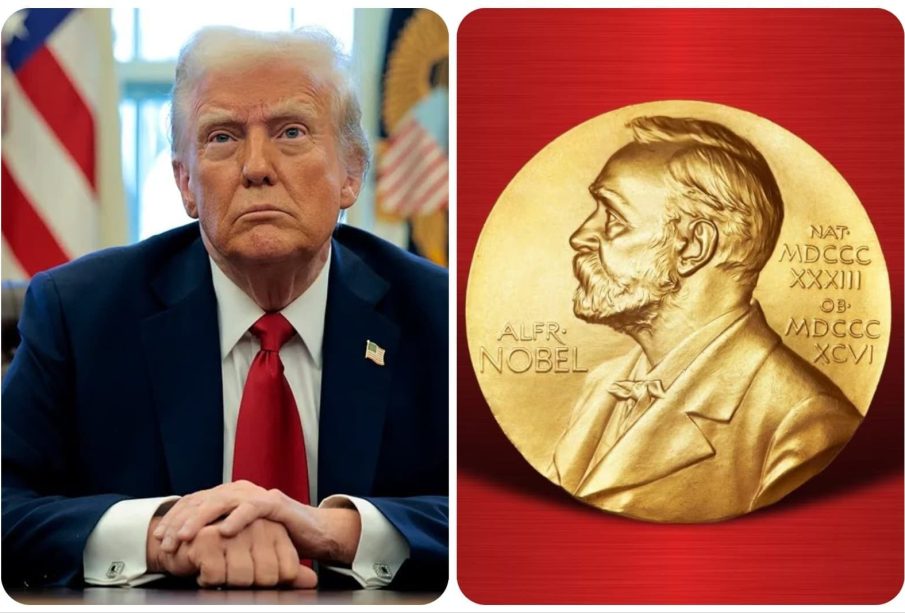President Trump’s Nobel Peace Prize Nomination: What It Means

Introduction
The nomination of former President Donald Trump for the Nobel Peace Prize has ignited discussions across the globe. The Nobel Peace Prize is a prestigious award that recognizes individuals or organizations that have made significant contributions to peace efforts. Trump’s nomination is particularly noteworthy due to his controversial tenure and engagements with foreign leaders. Understanding this nomination offers insights into the complexities of international diplomacy and the evolving nature of global peace initiatives.
Details of the Nomination
In 2020, Donald Trump was nominated for the Nobel Peace Prize by Norwegian Parliament member Christian Tybring-Gjedde. The nomination was based on Trump’s efforts to broker peace agreements between Israel and several Arab nations, a series of agreements that became known as the Abraham Accords. These agreements aimed to normalize relations and foster peace in the Middle East, marking a significant shift in a region long plagued by conflict.
Supporters of Trump’s nomination argue that his unorthodox approach to diplomacy has opened doors that were previously closed and has the potential to create lasting peace in an area fraught with antagonism. The Accords have resulted in Israel establishing formal ties with the United Arab Emirates, Bahrain, Sudan, and Morocco, which has been hailed as a significant development in Middle Eastern politics.
Criticism and Controversies
However, Trump’s nomination has also faced substantial criticism. Detractors question the integrity of the award in a political landscape that can often be divisive. Critics argue that the nomination undermines the efforts of traditional diplomats who have worked for decades towards peace without proper recognition. Furthermore, Trump’s approach to international relations has often been characterized as transactional rather than dedicated to sustainable peace efforts.
Conclusion
The nomination of Donald Trump for the Nobel Peace Prize highlights the complex and multifaceted nature of peace-building in the contemporary world. It raises essential questions about what constitutes peace and who should be recognized for contributions towards achieving it. As the dynamics of global politics continue to evolve, the discussions surrounding Trump’s nomination illustrate the ongoing debate about effective diplomacy, recognition, and the future of peace in regions like the Middle East.
Ultimately, this nomination serves as a reminder of the vital and often contentious role that leaders play on the world stage. For readers, understanding these developments can offer a broader perspective on how peace is pursued and negotiated in an increasingly polarized global environment.




